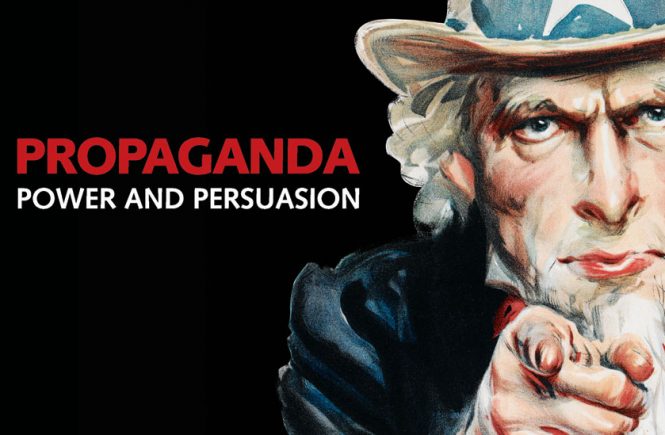Lasswell and Lippmann’s propaganda theories seemed to carry the weight of realworld proof—the globe had been engulfed by a devastating world war, The War to End All Wars in fact, yet global turmoil continued to rage. These conflicts were infused with sophisticated and apparently successful propaganda. Yet there was opposition. One prominent critic of propaganda theory was philosopher John Dewey. In a series of lectures (Dewey, 1927), he outlined his objections to Lippmann’s views. Throughout his long career, Dewey was a tireless and prolific defender of public education as the most effective means of defending democracy against totalitarianism. He refused to accept the need for a technocracy that would use scientific methods to protect people from themselves. Rather, he argued that people could learn to defend themselves if they were only taught the correct defenses. He asserted that even rudimentary public education could enable people to resist propaganda methods. Dewey […]
What is Public Relations? Explain the Need and Importance of Public Relations
What is Public Relations? Also explain the need and importance of public Relations. Definition and importance of Public Relations: Public relations has assumed immense importance over the years. The importance of this vital and all embracing discipline can be gauged from the fact that the present information age is also called as the public relations age. As the very name suggests, public relations is a relationship, a liaison or a bridge between an organisation and its publics. International Encyclopaedia of Communication has defined the term public relations as the information activities and policies by which corporations and other organisations seek not only to create attitudes favourable to themselves and their work but also to counter adverse attitudes. According to New Webster’s Encyclopaedic Dictionary of the English Language, public relations is the art and techniques used to promote favourable public opinion. We are reproducing below definitions by some scholars and renowned […]
Persuasion, Its Components, Principles and Techniques
What do you know about Persuasion? Explain its components, principles and techniques in detail. Persuasion : Persuasion refers to the process by which a person’s attitudes or behaviour are, without duress, influenced by communication. Persuasion pervades over almost all human activities and it is geared to information transmission in such a way as to get people to revise old pictures (Predisposition) in their minds, or form new ones, and thus change their behaviour. To some others persuasion is seen as “Communication to influence choices”. Still to others it is “a process that changes attitude, belief, opinion or behaviour”. Actually, we try to sell ideas, concepts, products etc. through the art of persuasion. Persuasion may be carried out in offices, workplaces, homes, etc. by fellow workers or neighbours. Persuasion has been treated as an art, a craft and a science since ancient times and classical thinkers like Aristotle and Cicero devoted […]
